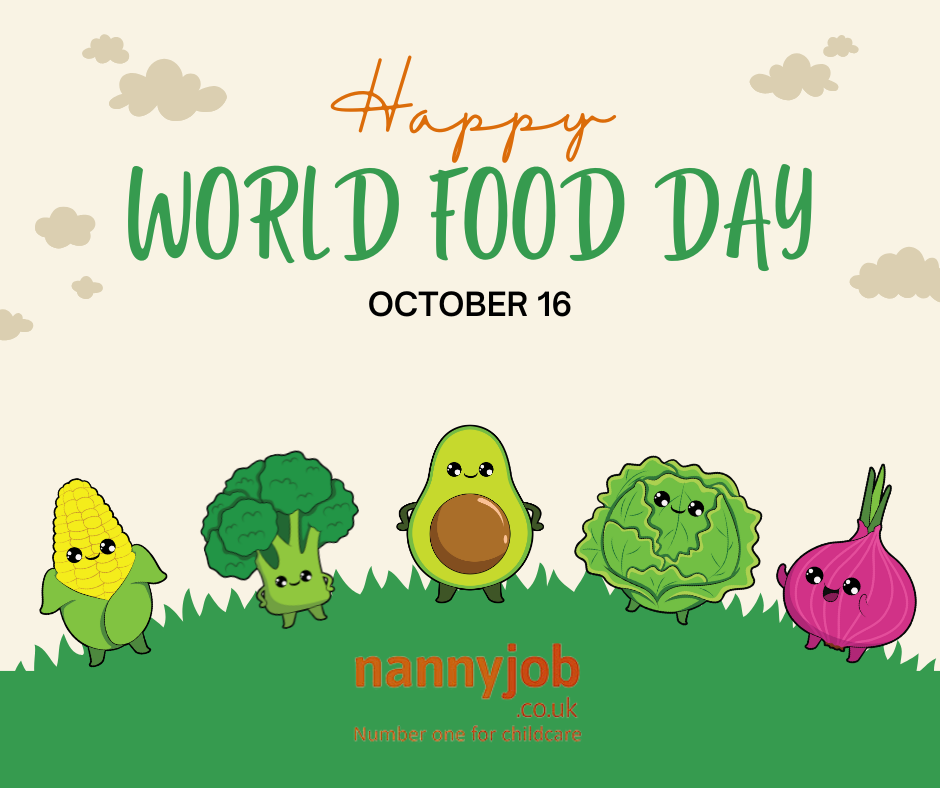Introduction
World Food Day, celebrated on October 16th, is an opportunity to teach children about the importance of healthy eating, where food comes from, and how to make sustainable food choices. It’s a day to appreciate food and understand the impact of food production on the environment and our health. Here’s how you can celebrate World Food Day with your children and inspire them to make mindful choices.
1. Explore Different Cuisines
Introduce children to different cuisines from around the world by trying new recipes together. Use this opportunity to talk about the origin of each dish, the culture it comes from, and the ingredients used. This helps children appreciate the diversity of food and learn about global cultures.
2. Start a Small Garden or Visit a Local Farm
If possible, start a small herb or vegetable garden at home. Involving children in growing their own food teaches them where food comes from and the effort that goes into producing it. Alternatively, visit a local farm to see food production in action and pick fresh produce.
3. Cook Together Using Seasonal and Local Ingredients
Cooking together is a great way to bond and teach children about seasonal eating and choosing local ingredients. Discuss the benefits of eating seasonal produce and how it supports local farmers and reduces the environmental impact of food transportation.
4. Reduce Food Waste
Teach children about the importance of reducing food waste. Get creative with leftovers, involve them in planning meals, and discuss ways to use up fruits and vegetables that are starting to spoil. It’s a valuable lesson in sustainability and resourcefulness.
5. Encourage Mindful Eating
During meals, encourage children to eat mindfully by focusing on the taste, texture, and smell of the food. Teach them to appreciate each bite and avoid distractions like screens during mealtimes. Mindful eating promotes a healthier relationship with food.
Conclusion
World Food Day is a wonderful opportunity to educate children about food, nutrition, and sustainability. By exploring different cuisines, cooking together, and practicing mindful eating, we can raise children who appreciate food and make healthier, more conscious choices.

